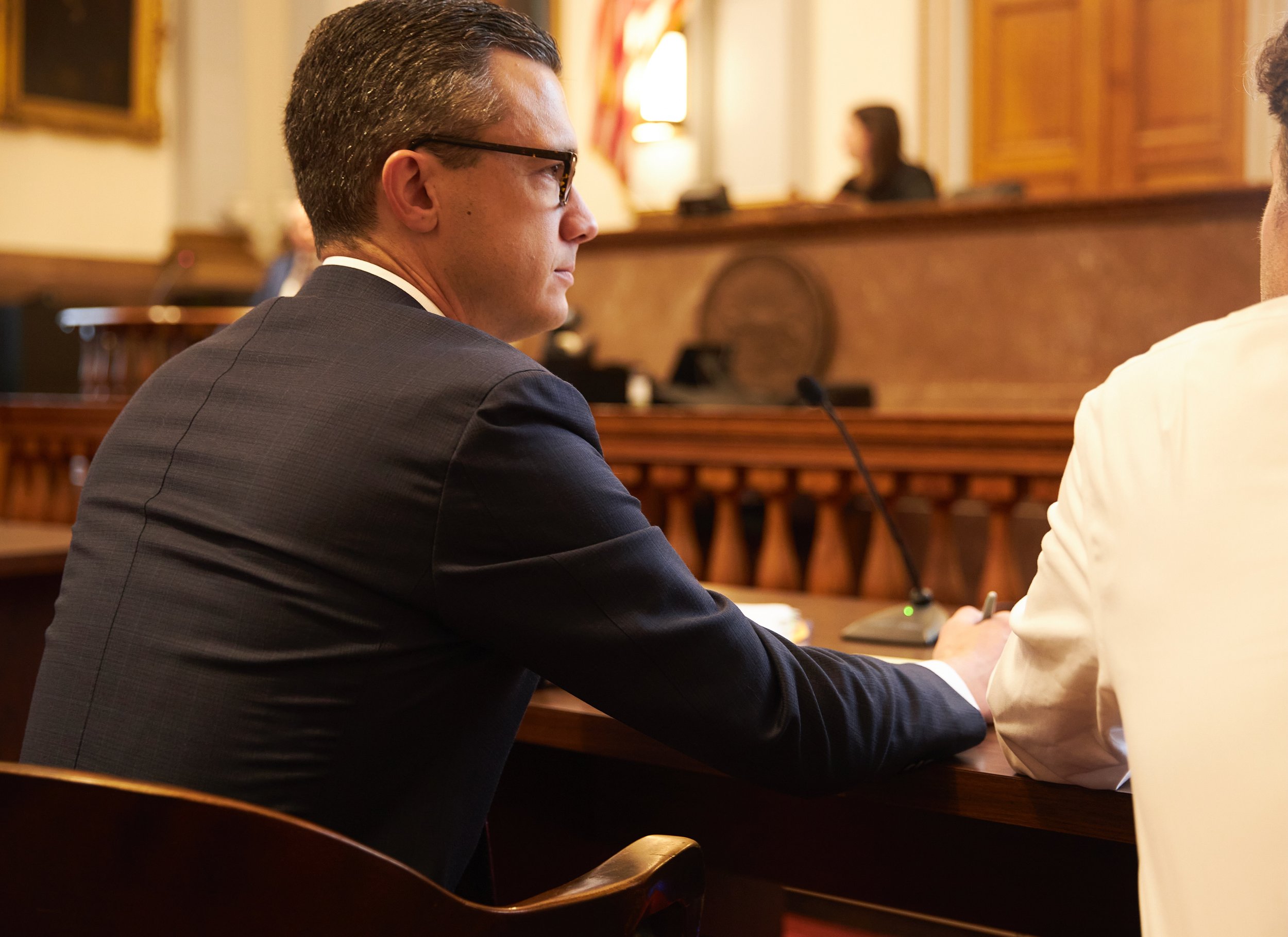Understanding the Duty of a Post-Conviction Legal Representative in Looking For Justice After a Criminal Conviction
In the complicated landscape of post-conviction legal proceedings, the duty of a post-conviction lawyer is pivotal in browsing the course to justice after a criminal sentence. Past the boundaries of a test, these legal specialists involve in a complex approach targeted at discovering new proof, tough legal errors, and promoting for their clients' civil liberties. The ins and outs of post-conviction work require a mix of legal acumen, investigatory skills, and calculated believing to decipher the intricacies of a situation and pursue methods that may have been forgotten or underexplored. As the quest of justice extends past the confines of first procedures, the role of a post-conviction attorney emerges as a sign of hope for those looking for to rectify injustices and recover their rights within the lawful system.
Post-Conviction Lawyer's Investigatory Job
Post-conviction attorneys participate in thorough investigatory work to reveal new evidence, step-by-step errors, or transgression that might potentially cause reversing a sentence. This investigative stage is vital in the post-conviction process as it intends to determine any kind of neglected information or lawful bad moves that may have influenced the end result of the preliminary trial. Post-conviction attorneys look into case documents, witness statements, and legal paperwork with a fine-tooth comb, searching for any type of inconsistencies or irregularities that might be grounds for charm.
Via complete investigation, post-conviction attorneys intend to shed light on possible injustices that may have taken place during the original test. They may conduct meetings, speak with experts, and evaluation forensic proof to develop an engaging instance for their clients. By inspecting every facet of the legal procedures, post-conviction attorneys function relentlessly to uncover any type of variables that may have influenced the decision. Inevitably, their investigatory work plays an essential duty in the pursuit of justice and the prospective turnaround of wrongful sentences.
Crafting Appeals and Petitions
In the pursuit of justice after a conviction, proficient legal representatives meticulously craft appeals and petitions to present compelling arguments for the reconsideration of legal decisions. Crafting appeals and petitions requires a deep understanding of the legal system, attention to detail, and tactical thinking. Post-conviction attorneys evaluate trial records, identify potential mistakes or offenses of legal rights, and establish legal disagreements to challenge the conviction or sentence.
When crafting an allure, legal representatives concentrate on highlighting legal errors that may have influenced the outcome of the case. They look into instance legislation, statutes, and legal criteria to support their arguments. Petitions, on the various other hand, might entail providing new proof that was not offered during the test or showing modifications in the law that warrant a testimonial of the sentence.
Additionally, post-conviction lawyers should abide by rigorous step-by-step guidelines and target dates when submitting appeals and applications. They should present their debates clearly and persuasively to encourage the court to approve relief to their customers. Through thorough crafting of charms and applications, post-conviction lawyers strive to protect justice for people who have actually been wrongfully convicted or unjustly sentenced.

Seeking Post-Conviction Relief
Post-conviction relief incorporates a variety of legal systems developed to test the credibility of click for source a conviction or sentence. Post-conviction lawyers play a critical function in navigating these intricate procedures, making certain that all legal alternatives are explored to fix injustices that might have occurred throughout the trial or sentencing stage.
One usual form of post-conviction alleviation is filing an application for post-conviction alleviation, typically based on cases of inefficient support of advise, prosecutorial transgression, recently uncovered proof, or constitutional offenses. Experienced post-conviction lawyers possess the abilities and knowledge necessary to identify viable legal claims, conduct investigations, and present compelling disagreements to secure relief for their clients.
Making Use Of Forensic Proof
When testing a sentence or sentence, the calculated use of forensic proof can be a powerful device in post-conviction lawful procedures. Forensic evidence encompasses a wide variety of scientific strategies used to explore criminal activities and develop facts in court. Post-conviction lawyers can leverage forensic proof to test the validity of convictions by offering brand-new scientific findings that were not readily available throughout the initial test.

Taking Part In Sentence Alterations
Post-conviction lawyers might check out the possibility of sentence modifications as a legal avenue to address disproportionate or unjust sentences handed down in criminal instances. Sentence adjustments include seeking modifications to the terms of a defendant's sentence after a sentence has actually occurred. These modifications can include lowering the size of a sentence, changing the sort of penalty imposed, or exploring alternative sentencing alternatives.
Post-conviction attorneys can go after sentence modifications via different legal mechanisms, such as submitting movements for sentence reduction, appealing for caring release, or discussing appeal bargains for minimized sentences. They should thoroughly review the conditions of the situation, assess the lawful grounds for seeking an alteration, and present engaging debates to the court supporting the requirement for a modified sentence.
Participating in sentence modifications calls for a complete understanding of criminal law, punishing guidelines, and the particular treatments associated with seeking post-conviction alleviation. Post-conviction lawyers play a crucial duty in advocating for reasonable and simply outcomes by difficult sentences that are unduly harsh or do not line up with the concepts of justice.
Conclusion
To conclude, the role of a post-conviction attorney is essential in looking for justice after a criminal sentence. Through investigative job, crafting appeals and requests, seeking post-conviction relief, using forensic proof, and taking part in sentence adjustments, these lawyers play an important duty in advocating for their clients and guaranteeing that their civil liberties are upheld within the criminal justice system. Their commitment and proficiency are necessary in browsing the complexities of post-conviction procedures and accomplishing a reasonable outcome for individuals dealing with criminal sentences.